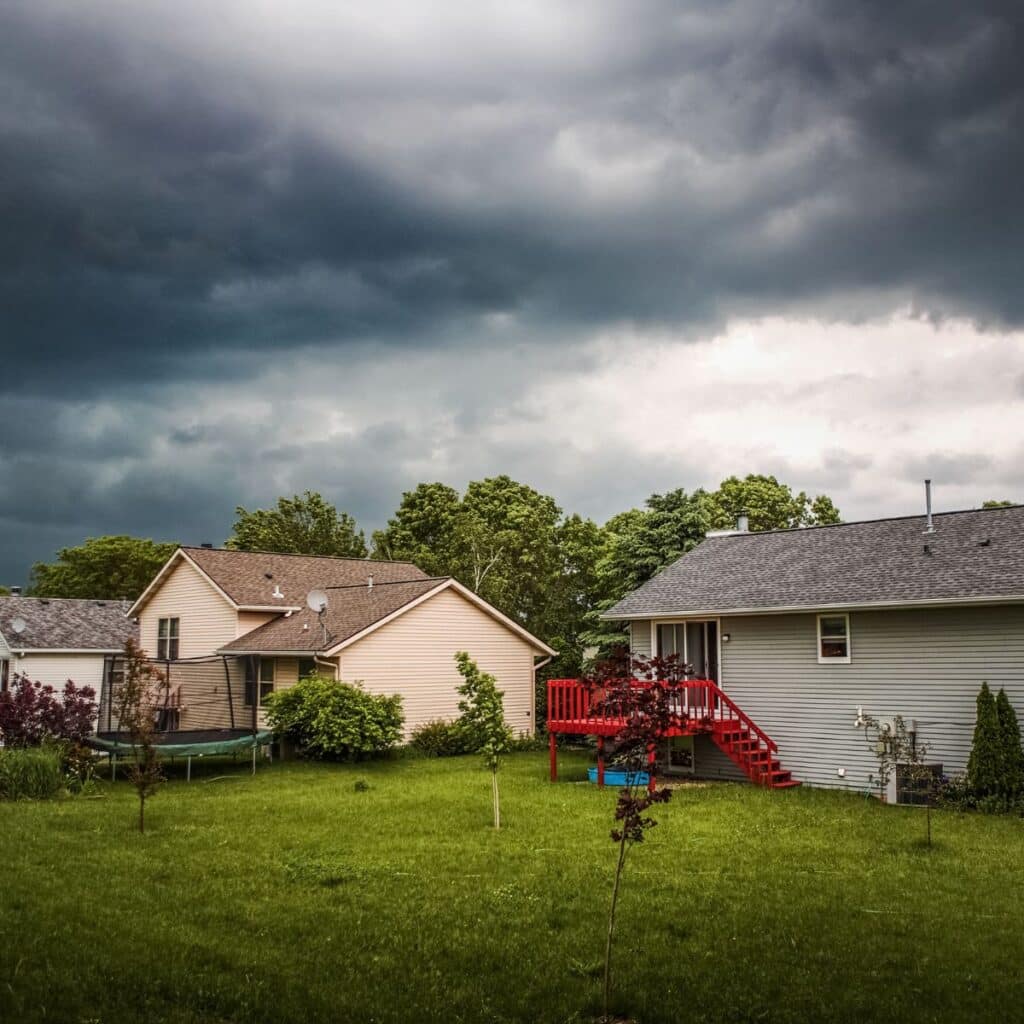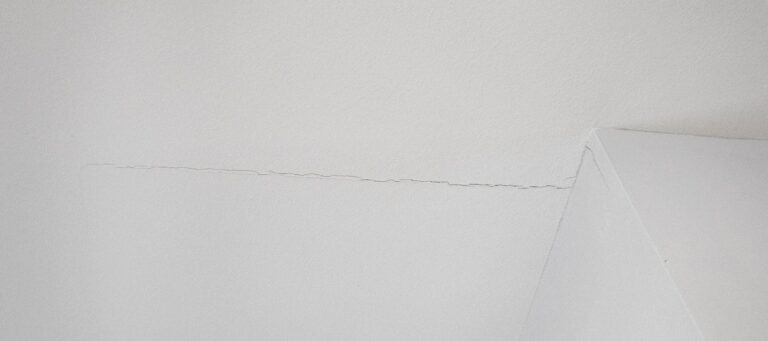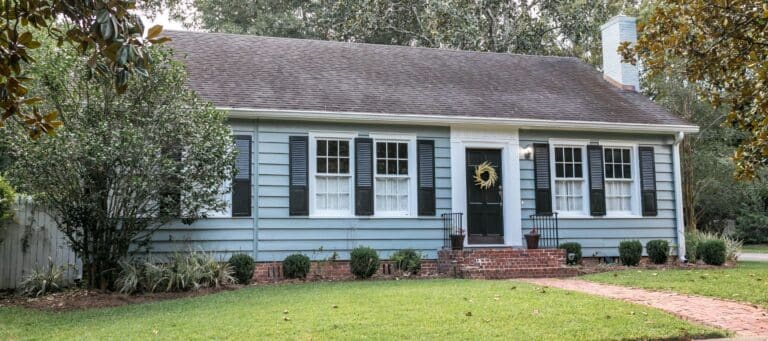Texas Weather vs. Foundation Systems
G.L. Hunt Foundation Repair is proud to provide top-tier foundation solutions for homeowners in Texas. When homeowners in places like San Antonio, Austin, Dallas, Fort Worth and Waco start thinking about foundation repair, one common question comes up: Do steel pilings and steel piers rust over time?
After all, steel is known for its strength — but it’s also known for its vulnerability to corrosion if not properly protected. Let’s break down how corrosion protection of steel works and what homeowners need to know about pile protection in Texas’ unique climate.

Does Steel Rust Underground?
Short answer: It can — but not easily, especially when it’s protected properly.
Steel rusts when iron reacts with oxygen and moisture. In above-ground environments, like coastal areas or places with constant exposure to rain and humidity, rust can form quickly. But underground? It’s a different story.
Most steel pilings and piers used in foundation repair in Texas are buried deep below the surface, where oxygen and water exposure is limited — particularly in the dense clay soils common throughout Dallas, Fort Worth, Austin, San Antonio and Waco.
How Are Steel Pilings Protected From Rust?
At G.L. Hunt, we use steel products that are designed to last for decades. There are several ways pile protection is achieved:
1. Galvanization
Many steel pilings are coated with zinc (called galvanization), which forms a protective barrier against corrosion.
2. High-Quality Steel
Structural steel used in foundation repair is often made with higher-grade materials that are less prone to corrosion.
3. Limited Oxygen Underground
Most of the soil in Texas — especially clay-heavy regions around Dallas, Fort Worth and Waco — limits the oxygen needed for rust to form.
4. Additional Corrosion Protection of Steel
In certain situations, protective coatings or even specialized wraps can be added for extra peace of mind.
Does Texas Soil Speed Up Corrosion?
It depends on where you live.
In San Antonio and Austin, the rocky soil and limestone layers offer natural drainage, limiting moisture contact with steel piers.
In Dallas and Fort Worth, expansive clay soils hold more moisture, but that same clay limits oxygen underground — which is crucial in slowing rust.
In Waco, soil conditions vary, but pile protection methods can be customized based on site-specific needs.
The good news? Most residential foundations in Texas are well-suited for steel pilings, especially when installed by experts who understand local soil conditions — like G.L. Hunt.
How Long Do Steel Pilings Last?
With proper installation and corrosion protection of steel, steel pilings and piers can last well beyond the lifetime of your home. In fact, many come with warranties covering 20, 30 or even 50+ years.
Routine inspections and foundation maintenance can ensure that your steel foundation system stays in excellent condition — no matter what Texas weather throws your way.
Trust G.L. Hunt To Protect Your Foundation
If you’re concerned about pile protection or wondering whether steel piers are right for your home, G.L. Hunt has you covered.
Our team understands Texas soils, Texas homes and Texas weather — and we’re here to give your foundation the protection it needs to stand strong for years to come. Contact us today for a free estimate — we’ll be sure to answer any questions you have about your foundation repair before we begin your project!










